The Organization of Turkic States (OTS) stands as a significant intergovernmental body fostering cooperation among Turkic-speaking countries across Eurasia.
Established as a forum for multilateral diplomacy and collaboration, the OTS has evolved into an influential regional organization with expanding membership and growing influence. This report explores the structure, functions, and significance of this organization that brings together nations sharing historical, cultural, and linguistic ties.
Historical Foundation and Evolution
The Organization of Turkic States was established on October 3, 2009, through the signing of the Nakhchivan Agreement by Azerbaijan, Kazakhstan, Kyrgyzstan, and Türkiye. Initially created as the "Cooperation Council of Turkic Speaking States" (Turkic Council), the organization's roots can be traced to the early 1990s following the dissolution of the Soviet Union. The collapse of the USSR opened opportunities for cooperation between Türkiye and newly independent Turkic republics, leading to a series of summits beginning in 1992.
The cooperation process was formalized through the Nakhchivan Agreement, signed in Azerbaijan's historic Nakhchivan region, which provided the institutional framework for systematic collaboration among Turkic states. The organization's evolution reached a significant milestone on November 12, 2021, during the 8th Summit in Istanbul, when it was restructured and renamed as the "Organization of Turkic States," marking a new era in the integration of the Turkic world on the international stage.
The organization recently celebrated its 15th anniversary on October 3, 2024, highlighting its durability and growing importance in regional affairs. This milestone underscores the OTS's successful trajectory from a cooperation council to a full-fledged international organization with comprehensive objectives and expanding influence.
From Council to Organization
The transition from the Turkic Council to the Organization of Turkic States represented more than a simple name change. It signaled enhanced institutional capacity and broader ambitions for integration across multiple domains. This evolution reflected the members' commitment to strengthening their collective voice in international forums and deepening coordination on issues of mutual interest.
Membership and Organizational Structure
Member States
The Organization of Turkic States currently comprises five full member states: Azerbaijan, Kazakhstan, Kyrgyzstan, Türkiye, and Uzbekistan. The membership expanded beyond the four founding members when Uzbekistan joined as a full member in 2019, following the ratification of the Nakhchivan Agreement. This addition was significant as Uzbekistan has historically been "one of the central factors of the Turkic world, as well as the economic and cultural cradle of Turco-Islamic history".
The organization has also granted observer status to three countries and one international organization: Hungary (2018), Turkmenistan (2021), the Turkish Republic of Northern Cyprus (2022), and the Economic Cooperation Organization (2023). Hungary's observer status is particularly notable as it represents the organization's efforts to establish connections beyond the traditional Turkic-speaking world and serves as a bridge between the OTS and European institutions.
Organizational Framework
The OTS operates through a well-defined institutional structure consisting of five principal bodies:
- Council of Heads of State: The main decision-making body, chaired by the country assuming the Chairmanship-in-office, which rotates annually in alphabetical order. As of 2025, Kyrgyzstan holds the current chairmanship.
- Council of Foreign Ministers: Responsible for overseeing diplomatic cooperation and preparing recommendations for the Council of Heads of State.
- Council of Elders: Serves as a permanent consultative body, embodying the Turkic tradition of seeking wisdom from respected elders. The council's regulations were renewed at the 8th Summit in Istanbul to enhance its effectiveness.
- Senior Officials Committee: Provides technical expertise and information to support the organization's decision-making processes.
- Secretariat: Located in Istanbul, Türkiye, the Secretariat coordinates and monitors all activities of the organization. It is led by a Secretary-General, currently Kubanychbek Omuraliev.
This hierarchical structure ensures efficient operation and implementation of the organization's objectives while maintaining representation for all member states.
Objectives and Functions
The Organization of Turkic States was established with the overarching aim of promoting comprehensive cooperation among Turkic-speaking countries. Its mission extends across multiple domains, anchored in four fundamental pillars: common history, common language, common identity, and common culture.
Core Objectives
The OTS is committed to several key objectives that guide its activities and initiatives:
- Political Cooperation: Strengthening political dialogue and solidarity among member states on regional and international issues.
- Economic Integration: Promoting trade, investment, and economic cooperation to enhance prosperity across the Turkic world.
- Cultural Preservation: Documenting, preserving, and promoting the shared historical and cultural heritage of Turkic peoples.
- Security Coordination: Increasing collaboration on security matters, with a recent enhanced focus on defense cooperation and strategic alignment.
- Institutional Development: Working toward harmonization of policies, standardization of approaches, and strengthening of institutional ties among member states.
Long-term Vision
The organization has adopted the "Turkic World Vision 2040" document, which outlines its strategic objectives for the next two decades. This vision focuses on fostering mutual trust and healthy human relations, strengthening political solidarity, promoting economic and technical cooperation, and documenting the Turkic world's historical and cultural heritage. At the 10th Anniversary Summit, the OTS leaders adopted the slogan "Turkic Era," signaling their ambition for a more prominent role in regional and global affairs.
Affiliated Bodies and Specialized Organizations
One of the OTS's strengths is its comprehensive institutional architecture, which includes several affiliated bodies that focus on specific areas of cooperation. These organizations operate under the OTS umbrella but maintain their own administrative structures:
Parliamentary Assembly of Turkic States (TURKPA)
Established on November 21, 2008, in Istanbul, TURKPA serves as the parliamentary dimension of cooperation among Turkic states. With its secretariat located in Baku, Azerbaijan, TURKPA aims to develop political dialogue through parliamentary diplomacy and works toward harmonizing legislation among member states. The assembly operates through four specialized commissions covering legal affairs and international relations, economic cooperation, social and cultural affairs, and environmental issues.
International Turkic Academy
Founded in 2012, the Turkic Academy is headquartered in Astana, Kazakhstan, and focuses on coordinating scientific research on Turkic languages, literature, culture, and history. The academy plays a crucial role in evaluating the contribution of Turkic civilization to human development and preparing common textbooks and teaching materials for educational institutions across the Turkic world. Under the leadership of President Shahin Mustafayev, the academy has published over 90 publications and conducts important archaeological research related to Turkic history.
International Organization of Turkic Culture (TURKSOY)
Based in Ankara, Türkiye, TURKSOY is dedicated to promoting Turkic culture, arts, and heritage through various cultural initiatives, exhibitions, and performances. It serves as a cultural bridge between Turkic states and communities worldwide.
Other Affiliated Bodies
The OTS institutional family also includes the Turkic Culture and Heritage Foundation (based in Baku), the Center of Nomadic Civilizations (based in Bishkek), and the Turkic Business Council (based in Istanbul). These specialized institutions allow for targeted cooperation in specific fields while maintaining coordination through the overarching OTS framework.
International Cooperation and Partnerships
The Organization of Turkic States has developed extensive international connections and partnerships that enhance its global presence and effectiveness.
Relations with International Organizations
The OTS holds observer status at the Economic Cooperation Organization and has applied for observer status at the United Nations and the Organisation of Islamic Cooperation. It maintains cooperative relations with the Organization for Security and Co-operation in Europe (OSCE) and the Conference on Interaction and Confidence-Building Measures in Asia.
The organization also collaborates with other regional and global bodies, including the World Customs Organization (WCO), demonstrating its commitment to multilateral approaches to shared challenges.
European Connections
The OTS has established a representative office in Budapest, Hungary, which serves as a gateway to European institutions. This office aims to strengthen ties with Hungary as an observer member and advance relations with European organizations such as the European Union, the OSCE, the Organization for Economic Cooperation and Development (OECD), and the Visegrad Group. Hungary's role as a "bridge between East and West" has been particularly valuable for the OTS in expanding its European connections.
Recent Developments and Future Outlook
Recent Initiatives
The OTS has recently undertaken several significant initiatives that demonstrate its evolving priorities and expanding scope:
Common Turkic Alphabet: In September 2024, the Commission on the Common Alphabet of the Turkic World agreed on a common alphabet of 34 letters based on the Latin alphabet. This project aims to transition Turkic languages away from the Cyrillic script that was imposed during the Soviet era and foster greater linguistic unity among Turkic peoples.
Enhanced Security Cooperation: At recent summits, member states have shown increased focus on mutual security and strategic alignment, marking a significant shift in regional dynamics and positioning the OTS as a central player in shaping the security architecture of the Turkic world.
Economic Integration: The establishment of the Turkic Investment Fund and other economic mechanisms reflects the organization's growing emphasis on economic cooperation and integration.
Upcoming Events
The OTS maintains an active calendar of events that bring together officials and experts from member states. Key upcoming events include:
Informal Summit in Budapest, Hungary (May 20-22, 2025)
Meeting of Ministers of Internal Affairs in Baku, Azerbaijan (May 22-24, 2025)
First meeting of the Council of Central Banks of OTS in Astana, Kazakhstan (May 27-28, 2025)
3rd Diaspora Capacity Building Training Program in Vienna, Austria (June 9-10, 2025)
The 11th OTS Summit is scheduled for November 2025 in Kyrgyzstan, where leaders will continue to advance the organization's agenda and address emerging challenges.
Conclusion
The Organization of Turkic States has evolved significantly since its establishment in 2009, transforming from a council for dialogue into a comprehensive intergovernmental organization with substantial institutional capacity and expanding influence. With five full members and four observers, the OTS represents a population of approximately 160 million people and a combined GDP (PPP) of $5.174 trillion.
The organization's commitment to fostering cooperation based on shared historical, linguistic, and cultural ties has yielded tangible results across multiple domains, from political coordination to economic integration and cultural preservation. Recent developments, including enhanced security cooperation, the common Turkic alphabet initiative, and expanding international partnerships, suggest that the OTS is assuming a more prominent role in regional affairs and global governance.
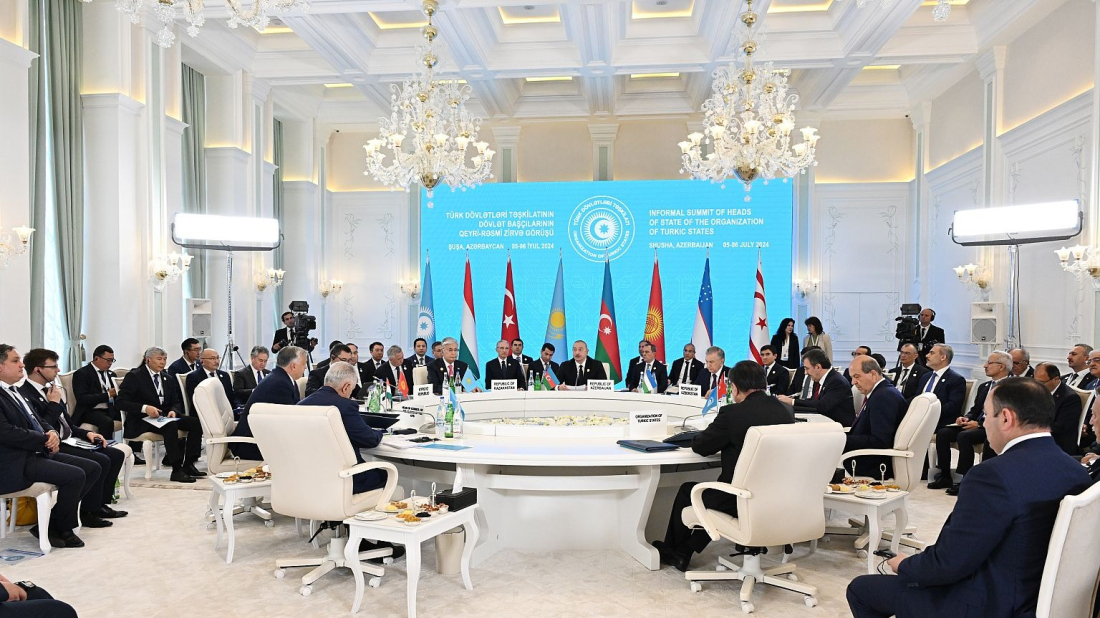
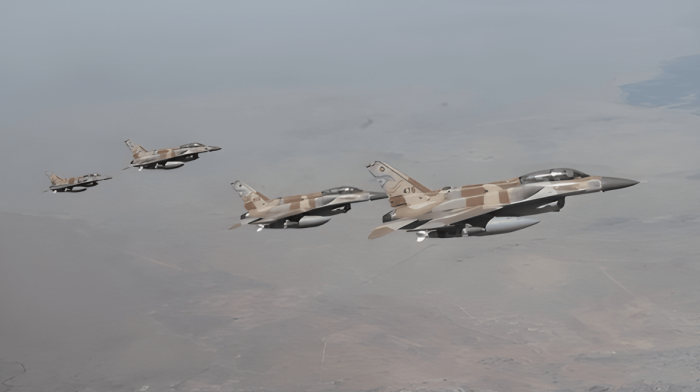
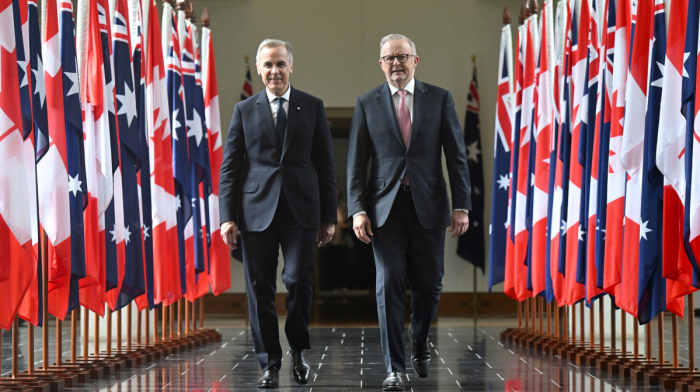




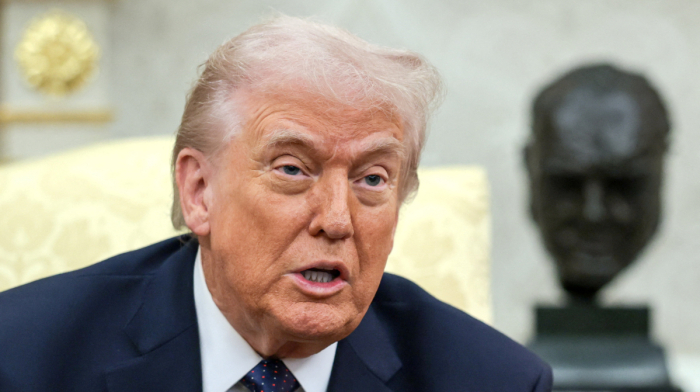
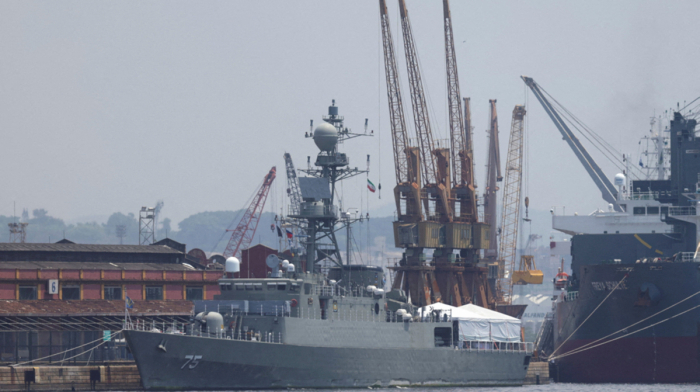

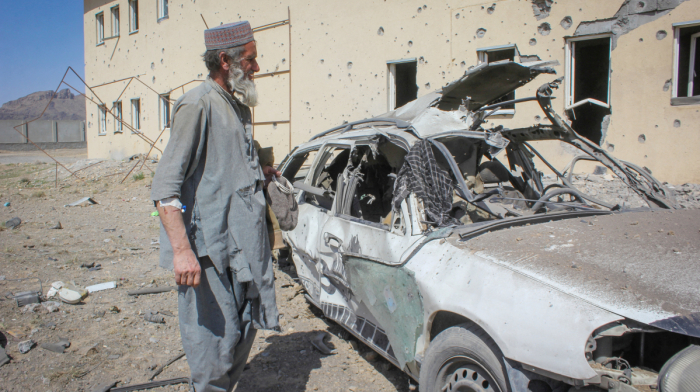
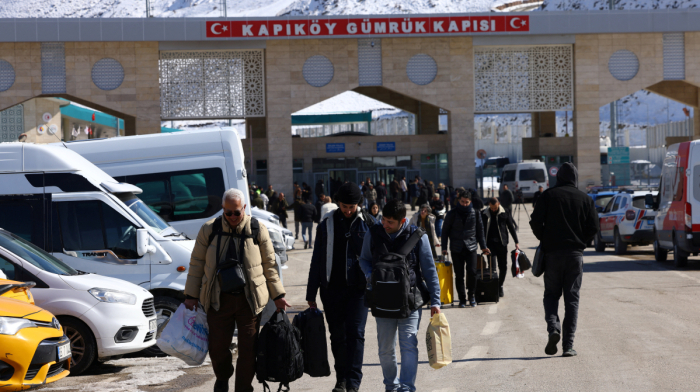






What is your opinion on this topic?
Leave the first comment